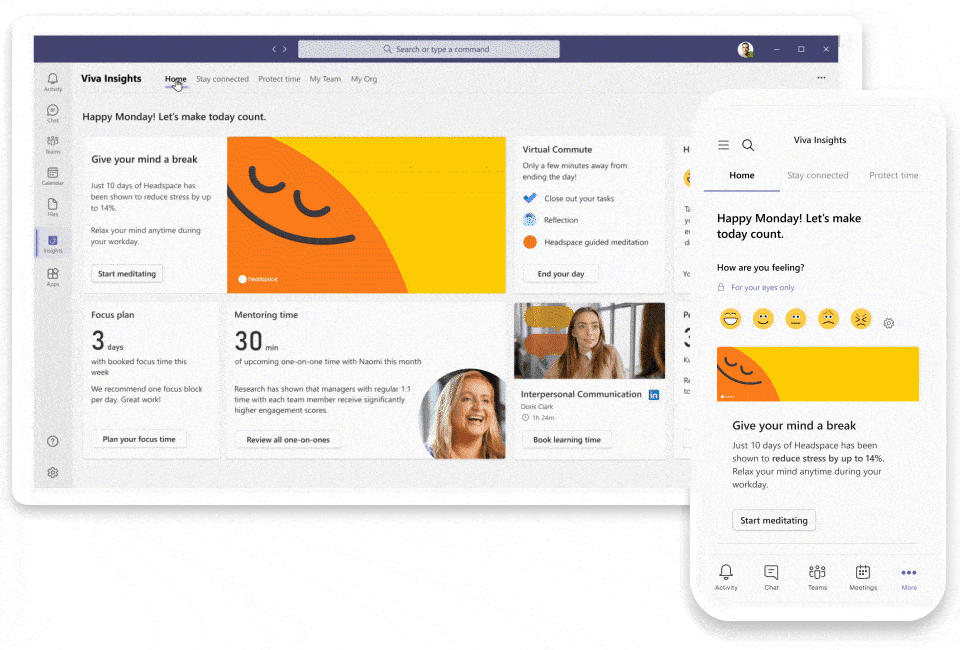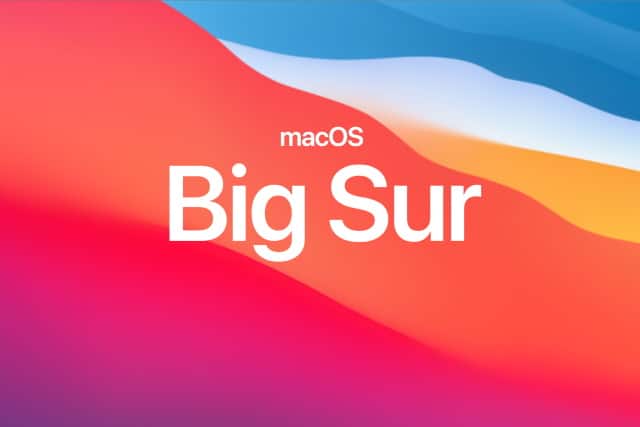
Developers feel they should be paid for open source contributions
A new survey of over 9,500 developers, of whom 4,400 actively participate in open source, finds that 54 percent of respondents feel that individuals should be paid for their open source work.
In fact the study from developer cloud company DigitalOcean finds that only 14 percent of respondents are currently paid for their open source contributions.

Developers play a key role in digital transformation despite COVID
Developers are playing a key role in helping enterprises meet their digital transformation goals despite facing significant challenges from COVID-19 according to new research from Couchbase.
The survey of 450 European and US senior IT decision makers finds 92 percent of respondents believe that DevOps could have a revolutionary impact on their digital transformation efforts, while 63 percent say that the flexibility to change their goals when needed has been helpful in meeting their digital transformation goals.

Microsoft Viva is a new people-powered workplace inside Teams
A few days ago, we reported that Microsoft was going to be revealing what's next for Microsoft 365 and Teams.
Today, it's been as good as its word, taking the wraps off Microsoft Viva, a new Microsoft 365-powered platform that brings together communications, knowledge, learning, resources, and insights -- from anywhere you work.

New SaaS solution uses machine learning to detect cyber threats
Cybersecurity and risk management company RSA is launching Detect AI, a cloud-native advanced analytics and machine learning solution that provides rapid detection and actionable insights on data captured by the RSA NetWitness Platform.
It employs cloud-scale processing for behavior analytics and uses unsupervised machine-learning to allow it to detect and respond to threats without manual oversight.

Consultants vs. Contractors: Which is best for your organization?
For many organizations, knowing whether to choose a consultant or contractor, and understanding the difference, can be a puzzling task. There are many similarities between the two, however there are vast differences that enable organizations to achieve different end results.
The key is to understand how the roles differ, advantages and limitations of each, in order to make an informed decision. This will help an organization to better reach its business objectives. They need to ask themselves whether they would benefit from the high-impact expertise of a consultant or a long-term solution with a contractor?

ICS vulnerabilities increase as remote work boosts attack surface
Disclosed vulnerabilities in industrial control systems (ICS) increased 335 percent in the second half of 2020 compared to the first half.
A new report from Claroty also shows that in the same period 71 percent of ICS vulnerabilities disclosed were remotely exploitable through network attack vectors.

Linux sudo vulnerability also affects macOS
We recently wrote about a serious vulnerability in the sudo tool which could be used to gain root access to Linux systems. Now a security researcher has found that the security flaw also affects macOS Big Sur -- including on new M1 Macs.
The Baron Samedit vulnerability -- or CVE-2021-3156 -- is a heap-based buffer overflow bug that was discovered by cybersecurity firm Qualys. While it was initially thought to only affect Linux systems, researcher Matthew Hickey (who also goes by the name Hacker Fantastic) found that macOS is also vulnerable with only very minor changes needed to the original exploit.

Here are the secret 'Hey, Google' commands for Super Bowl LV: Buccaneers vs. Chiefs
This upcoming Sunday is Super Bowl LV, and it is looking to be one of the greatest matchups in championship history. Legendary quarterback Tom Brady and the Tampa Bay Buccaneers will take on QB Patrick Mahomes and the Kansas City Chiefs. The game is notable because of Brady's advanced age (43) and the fact that the Buccaneers are the first team in NFL history to play "at home" in the Super Bowl. Yes, the big game is in Tampa Bay this year.
Who will win? That's anybody's guess, but I'd put my money on the Buccaneers despite the Chiefs being the apparent favorites. If you aren't familiar enough with NFL football to predict a winner, don't worry; you don't have to be an expert to enjoy the game. With that said, if you do want to learn more about the sport in anticipation, I have some great news -- there are some secret "Hey, Google" commands that can help you out.

Top 5G core (5GC) and mobile network predictions for 2021
Contain your excitement; 5G is coming (again). However, wasn’t it actually launched over two years ago?
For those not familiar with the nuances of 5G technology, 5GC (core or standalone) takes 5G deployment to the next level and replaces the 4G packet core with a new, cloud-native core using containers and following 3GPP specifications (release 15). This is somewhat separate from the market-by-market launch that most operators publicize, and the activity is less visible to the casual subscriber. Below, I have predicted some of the key 5GC deployment and adoption trends for 2021.

Streaming video: Breaking down silos for data disruption
It’s no secret streaming video is on the rise. Just last week, Netflix announced it surpassed 200 million subscribers after its largest ever year of growth. Peacock, part of Comcast, launched just six months ago and now boasts 33 million subscribers. The list of streaming announcements goes on and on while competition gets fiercer by the day.
There’s talk about the need to break down data silos across nearly every single industry, but the streaming video industry faces challenges and opportunities which make it uniquely ripe for data disruption. The explosion of streaming video has led to a corresponding explosion of data, and for content providers, this data has the potential to shape decision-making, improve customer experiences, introduce operational efficiencies, and much more. However, the problem is that video's uniquely complex data ecosystem and lack of data standardization have made it nearly impossible to turn all the data into actionable and business-impacting insights, at least without the right approach.

Solus 4.2 Fortitude Linux distro is here with Budgie, GNOME, KDE Plasma, and MATE
So far, 2021 is a definite improvement over 2020, but it's not all great. Due to the ever-mutating COVID-19 virus, many of us remain isolated in our homes. Thankfully, we computer nerds have been training most of our lives for this -- we have experienced plenty of extended time away from other humans, instead tinkering with our computers.
One thing I have enjoyed doing to pass the time during the pandemic is installing Linux distributions. Distro-hopping isn't just fun, but educational too. Today, Solus 4.2 becomes available for download, and it is an operating system you should check out. It is offered with your choice of four great desktop environments -- Budgie, GNOME, KDE Plasma, and MATE.

The role of IoT and data in keeping us safe and boosting the economy
With the UK going into its first financial recession since 2009 as a consequence of COVID-19, many businesses are struggling to stay alive in the current business climate. The economy has shrunk by 20.4 percent compared with the first three months of 2020 following months of businesses being forced to stay shut, furloughed workforces and a reduction in consumer expenditure. Additional restrictions in place at the time of writing are ratcheting up the financial pressure on multiple industries, with the prospect of a ‘double-dip’ recession an increasing prospect.
Without the right technology and continuity processes in place, many organizations were unable to adapt their models quickly enough to survive when they needed to. Now it’s a wake-up call to get the right solutions implemented to ride the waves of any future economic storms that come their way. COVID-19 has accelerated the need to work collaboratively and stay connected to protect both society and the economy.

Transform business operations with cloud-based expense reporting
Expense reporting can be a headache for both employees and businesses.
For employees, hanging onto receipts and filling out detailed paperwork is tedious and gets in the way of more productive tasks. It can be easy to lose track of important information needed to file reports correctly, especially for frequent travelers. Traditional reporting procedures put the onus on the employee to keep tabs on one more thing -- on top of doing their jobs.

Opera 74 improves memory management with new tab snoozing feature
Hot on the heels of Edge’s sleeping tabs feature, Opera 74 rolls out today with its own equivalent in the form of 'tab snoozing'.
The update also unveils improvements to both its Easy Files feature, a means of quickly attaching files to email and other web-based forms, plus the Search Tabs tool.

Why financial enterprises need to take a more Agile approach [Q&A]
Adopting a more agile approach to development has allowed many businesses to speed up the introduction of new products and services.
But banking and financial organizations have tended to be more conservative in their approach and have consequently come under pressure from faster moving fintech competitors.



